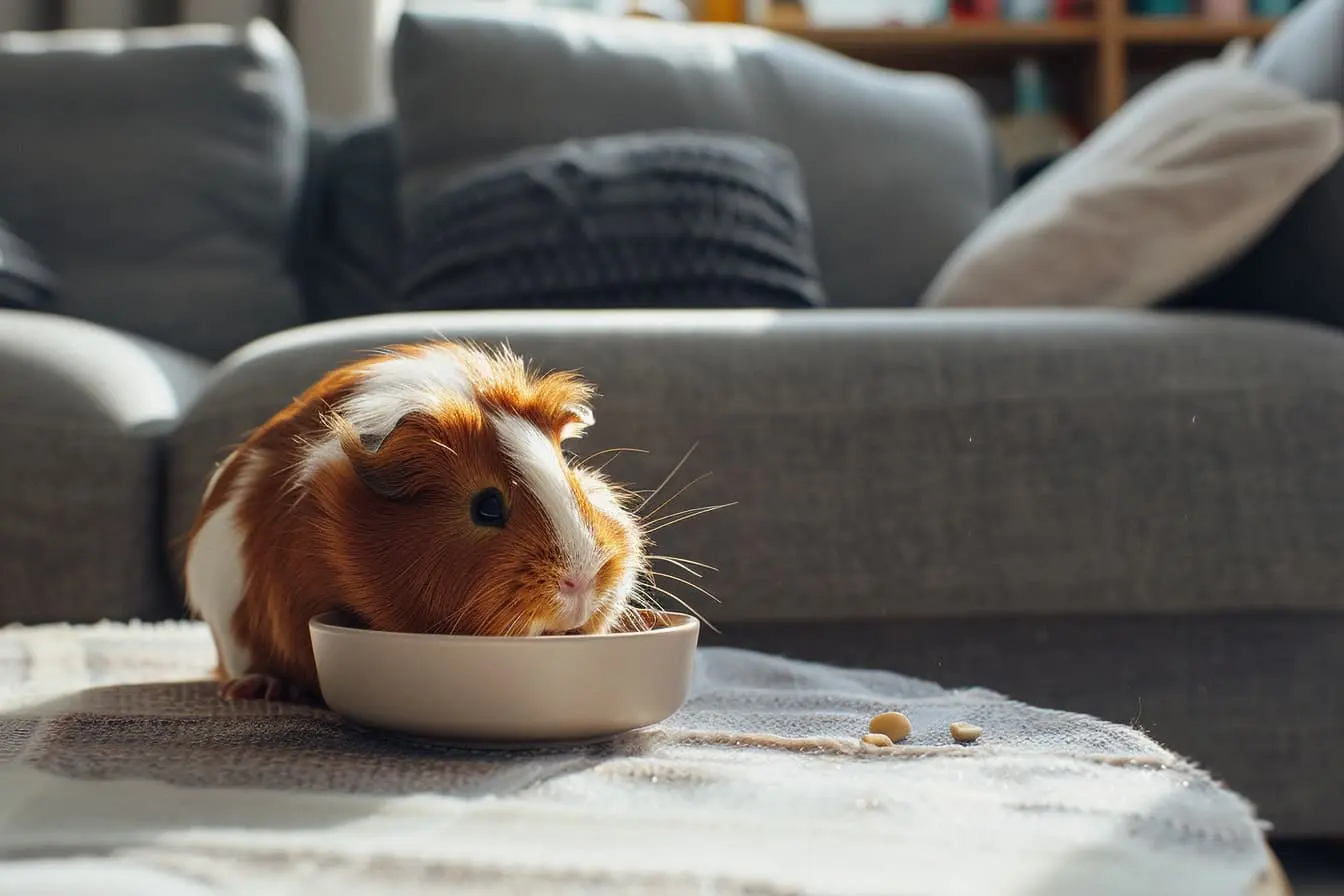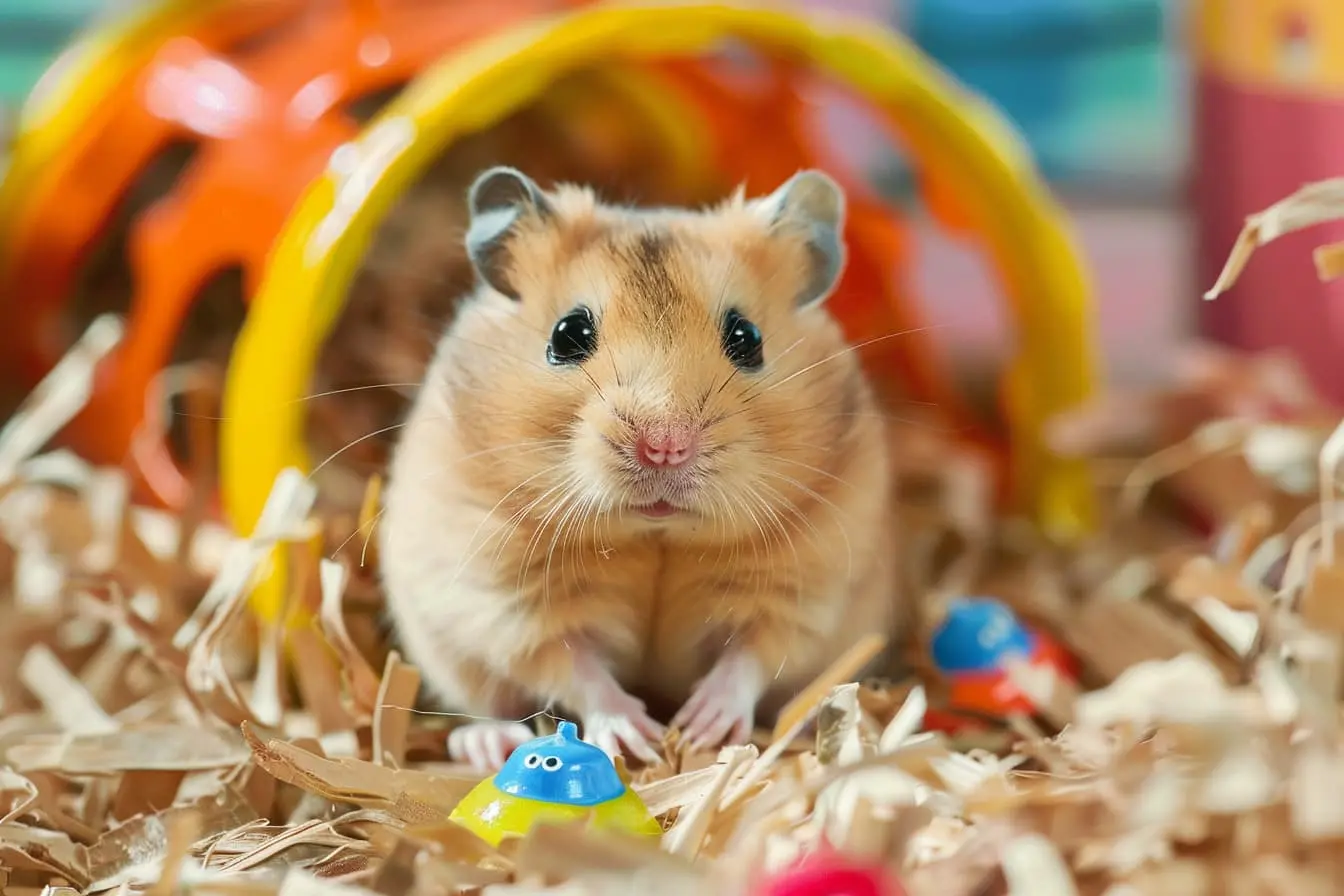
The Vital Role of Vaccinations in Your Rabbit's Health
Rabbits are delightful pets, known for their playful antics and gentle nature. However, like all pets, they require proper healthcare to ensure a long, happy life. A crucial part of this care regimen is vaccinations. Understanding the importance of vaccinations, which ones your rabbit needs, and how frequently they should be administered is essential for every rabbit owner. Here's what you need to know about keeping your bunny protected through vaccinations.
The Importance of Vaccinations for Rabbits
Vaccinations play a vital role in protecting rabbits from various deadly diseases. Some of these diseases have no effective treatment and can lead to severe illness or even death. Vaccinations help to prevent such outcomes by building your rabbit's immunity against specific pathogens.
Essential Vaccinations for Your Rabbit
1. Myxomatosis
Myxomatosis is a viral disease transmitted by fleas, mosquitoes, and close contact between rabbits. It's highly fatal, with most affected rabbits succumbing to the disease. The symptoms include swelling around the head, face, and genitals, along with a high fever and lethargy.
2. Rabbit Haemorrhagic Disease (RHD)
RHD, also known as Viral Haemorrhagic Disease (VHD), comes in two types: RHD1 and the more recent variant, RHD2. Both are highly contagious and fatal, causing internal bleeding and liver disease. Infected rabbits often show no symptoms before suddenly passing away, making prevention through vaccination crucial.
Vaccination Schedule
Initial Vaccinations
Rabbits can receive their first vaccinations from around five weeks old for Myxomatosis and RHD. However, guidelines can vary, and recent developments have seen vaccines that can be administered from as young as 30 days for Myxomatosis and RHD2 combined. It's essential to discuss the appropriate timing with your vet.
Booster Shots
Annual booster vaccinations are recommended to maintain immunity throughout your rabbit's life. Some vaccines offer protection against both Myxomatosis and RHD with a single injection, simplifying the process. However, the frequency can depend on the specific vaccine used and the disease prevalence in your area. Your vet may recommend more frequent boosters, especially for RHD2, which may require biannual vaccinations in areas with high risk.
Additional Considerations
- Health Check: Vaccinations also provide a good opportunity for a general health check. Your vet can identify and address any potential health issues early on.
- Indoor Rabbits: Even rabbits kept indoors are at risk and should be vaccinated. Insects carrying the diseases can enter homes, and the virus can be accidentally brought in on shoes or clothing.
- Legal Requirements: In some regions, certain rabbit vaccinations are legal requirements. Always check local regulations and comply with any legal obligations.
Finding a Vet and Keeping Records
Ensure you choose a vet experienced with rabbits, as they will provide the most accurate advice tailored to your pet’s needs. Keep a vaccination record, as this is crucial for boarding facilities if you plan to travel and leave your rabbit in care.
Conclusion
Vaccinations are a crucial aspect of rabbit care, offering protection against fatal diseases. Regular veterinary check-ups and adhering to the recommended vaccination schedule ensure your rabbit remains healthy and happy. Remember, prevention is always better than cure, especially when it comes to the wellbeing of your furry family member.
Vets near you
Speciality vets
- Aquatics vet specialists
- Birds vet specialists
- Camelids vet specialists
- Cats vet specialists
- Cattle vet specialists
- Deer vet specialists
- Dogs vet specialists
- Equines vet specialists
- Exotic vet specialists
- Goats vet specialists
- Pigs vet specialists
- Poultry vet specialists
- Sheep vet specialists
- Small Mammals vet specialists
- Wild vet specialists
Vet facilities
- Accessible by public transport
- Blood testing
- Car park nearby
- Client car park
- Dentistry
- Diagnostic imaging
- Disabled public access
- Flea and worm treatments
- Microchipping
- Mobile services
- Neutering
- Open at weekends
- Out-of-hours service
- Referral interests
- Referrals only
- Street parking outside
- Toilets available
- Vaccinations



